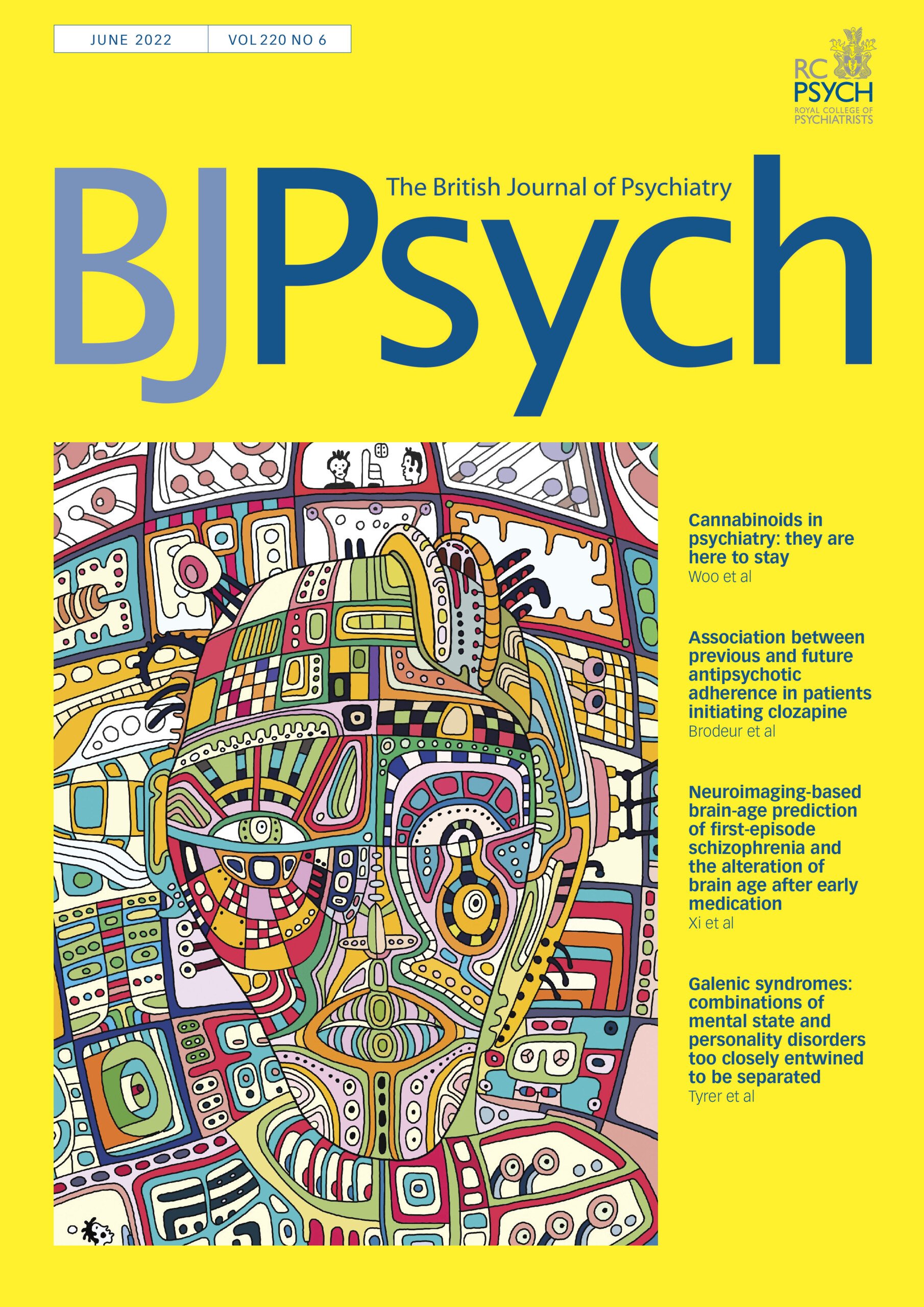June 2022
/Excerpt below from the June 2022 Kaleidoscope column in The British Journal of Psychiatry (BJPsych). You can read the full column for free here
The Russian invasion of Ukraine has wrought untold suffering on tens of millions of people, and one can anticipate acute and chronic mental health impacts. The editorial in Lancet Psychiatry by Liebrenz et alReference Liebrenz, Bhugra, Buadze, Schleifer, Smith and van Voren1 reflects a broad range of mental health needs: of the prisoners of war (POWs), those living in detention during the conflict, and patients with mental health disorders. They promote the protection of the most vulnerable at times when human rights are often an early casualty of war. We are reminded that being a POW can of itself cause post-traumatic stress disorder (PTSD), and this conflict has had additional exposure through having POWs on both sides frequently shown on viral social media clips. There have been arguments about whether this is propaganda or counters propaganda in the era of #fakenews, but it would seem in conflict with the Geneva Convention's assertion that POW's should be shielded from ‘public curiosity’. Their welfare must be upheld, and assessed by an appropriate international organisation such as the Red Cross. We have seen distressing footage of non-military sites being attacked, including schools, psychiatric hospitals, care homes and prisons, further limiting access to necessary therapeutic and medical care. Humanitarian corridors are urged for those currently kept in detention, and the authors repudiate as morally unjustifiable the allegations that both sides have offered pardons to criminals who join their armies to fight. Much of this response is politically determined, but mental health professionals can and must influence this dialogue.


